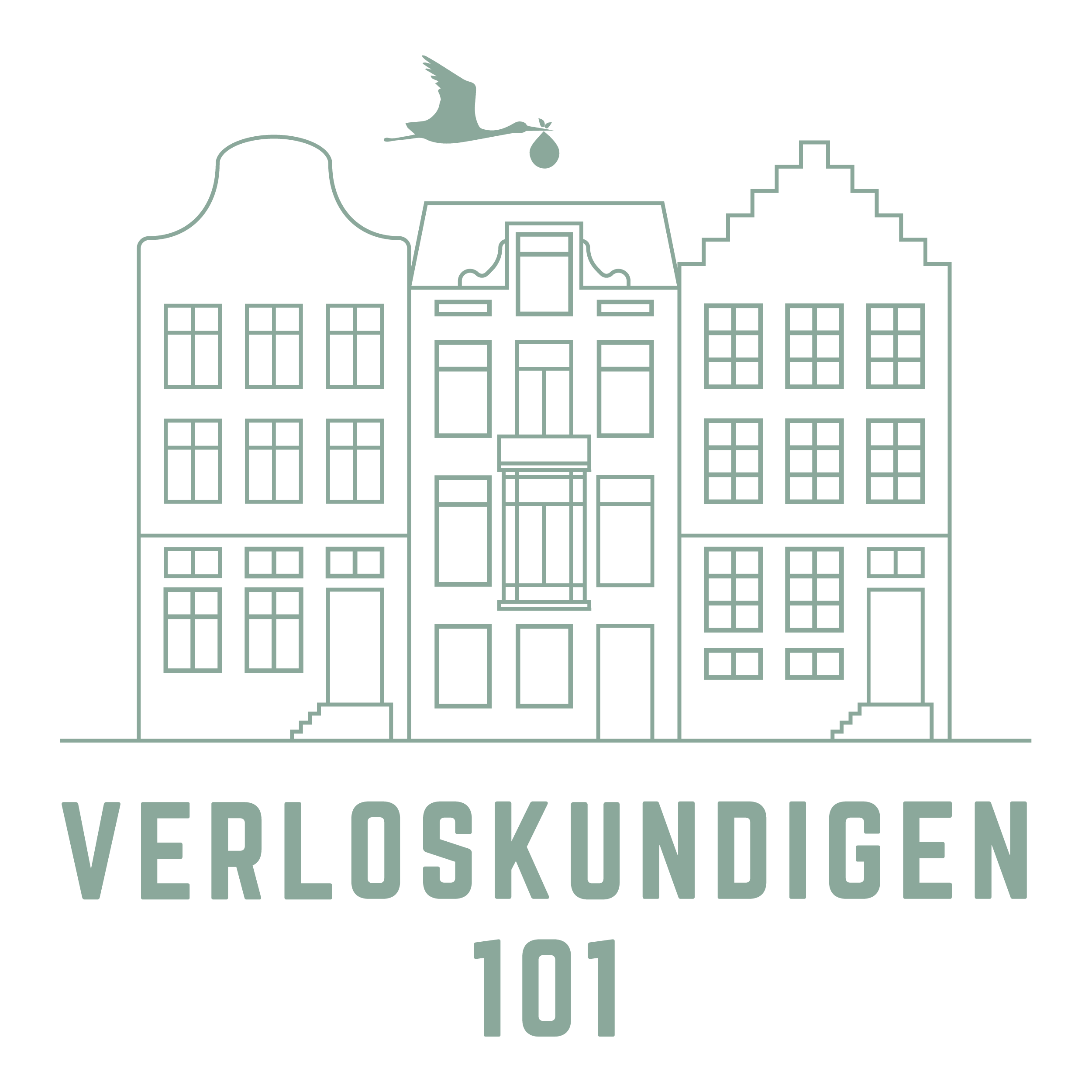The first week
The first 10 days after birth are usually quite intense days. Besides being intense, it’s also beautiful, loving, exhausting and many more. You will get used to taking care of a newborn and the kraamzorg, together with us, will guide you through.
Kraamzorg
Dutch maternity postnatal care (kraamzorg) is quite unique in the world. Apart from the Netherlands, there is no country in the world where women receive a maternity nurse who support them the forst week after birth. The maternity nurse will guide and teach you to care for your baby and helps with breastfeeding and bottle feeding. She monitors your recovery daily and checks the health of the baby (such as color, weight, temperature, drinking, defecation and urination). If the maternity nurse is in close contact with us and will consult anything that she is in doubt about. Moreover, she helps out in the household (eg. Changing the bed, cleaning the bathroom and nursery) and if there are older children, she will help tot take care of them too. A maternity nurse remains about 8 days after birth, which can be extended if necessary up to ten days after birth.
In the first week after birth we will have about four consultations of which two will be home visits and two by phone to check your recovery and the health of your baby.
At the end of the first week we will hand over medical care to the GP (huisarts). The maternity nurse will hand over her care to the “consultatiebureau”. They will be your point of contact concerning the growth and development of your baby. A nurse of the consultatiebureau will pay a house visit in the second week after birth to give extended information on what to expect from the consultatiebureau.
Breastfeeding
Breastfeeding is the most natural and healthy feeding you can give your baby. The first hour(s) after birth skin-to-skin contact helps the baby to find its way to the breast. Most baby’s try to find the breast on its own as every baby has a natural reflex to drink.
It’s good to find out as much as you can about breastfeeding before the birth. Knowing what to expect should help you feel as confident as possible when you’ve just given birth and want to breastfeed your baby. Read more about breastfeeding.
Bottle feeding
If you are planning to bottle feed it is advisable to choose one brand of formula and stick to that brand. Make sure you have formula, bottles and teats at home before he baby is born. You will need a number of bottles and teats, as well as sterilising equipment. There’s no evidence that one type of teat or bottle is better than any other. But some feeding bottles have shapes or patterns that make them difficult to clean thoroughly. As hygiene is so important, simple bottles that are easy to wash and sterilise are probably best. Make sure your bottles and teats are sterilized. If you’re using infant formula, pay close attention to the instructions on the packet when you make up the feed.
Keep the nappies/diapers
Keep all the nappies for the kraamzorg, this will allow the kraamzorg to check the amount. The first urine could be red/orange of colour. This is called urate crystals, these are harmless. The colour will adapt once the baby has rehydrated.
The first stool is a black colour: meconium. This can last a few says until it will turn brown and then yellow. The kraamzorg will keep a record of this. Meconium is quite sticky and easiest to remove with some baby oil.
Registration of birth
A child must be registered within three days of its birth. The father or mother is obliged to register its birth at the municipality where the child is born. If the parents are absent or not able to register the birth then someone who was present at the birth needs to do so. If one of these days is a weekend day or a bank holiday this period of time is extended in order to allow you two working days to register. You may register the birth on the day of the birth if the Department of Civil Affairs is open.
You are legally qualified to register a birth if one of the following conditions is satisfied:
- You are the father or mother of the child
- you were present at birth
- The birth took place in your house
- You are the head or authorized person of the establishment where the birth took place (e.g. a hospital)
The civil servant of the municipality draws up a birth certificate, which is entered in the registers of civil status. This is the legal proof of the birth of your child. After the declaration, the child will immediately receive a citizen service number (BSN). He is also registered in the Municipal Personal Records Database (GBA). Registration of birth in the Netherlands is free.
